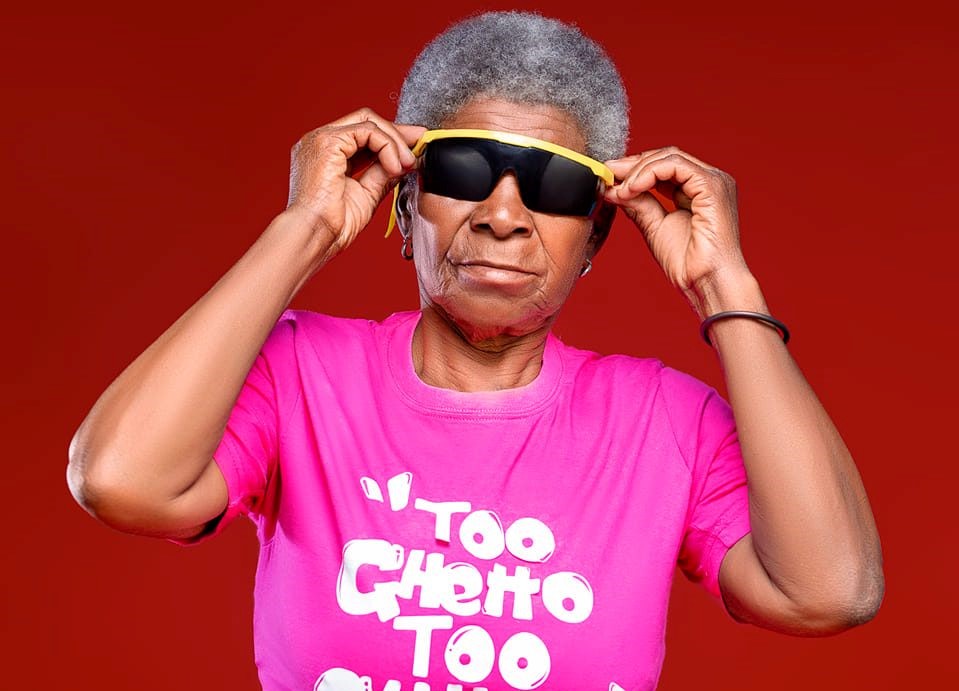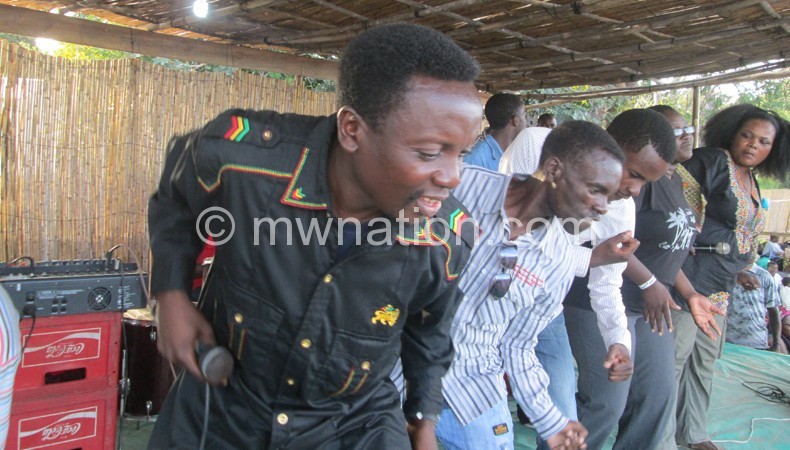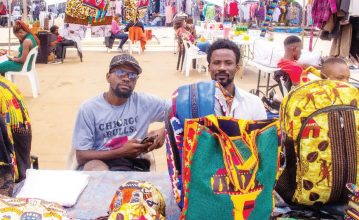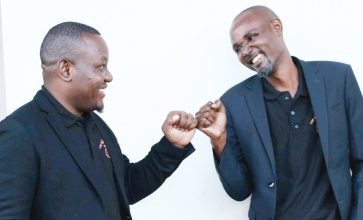Tumaini Festival seeks to conquer the world
Tumaini Festival founder Menes La Plume says now that the event has clocked 10 years in Malawi it is time to replicate the same in other refugee camps around the world.
He said this on Tuesday during a documentary aired on BBC World Service’s global news podcast.
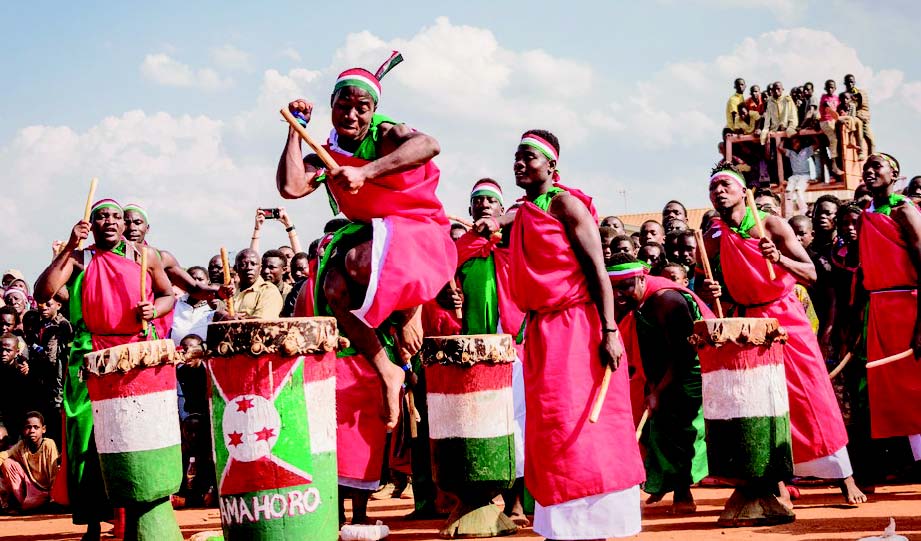
“The dream is to share this hope in many other countries that have refugee camps. Art is a powerful tool for refugee advocacy in helping and amplifying the voice of the refugees and changing the negative perceptions that people have on refugees,” La Plume told the programme.
The 30-minute documentary delved into the life of Dzaleka Refugee Camp dwellers. It reflected on the lack of autonomy that forms the life of the refugees at the camp.
The programme also explored the funding source of the festival, whose attendance is free of charge, the visitors from around the world and the experiences of both the refugees and host communities. It also looked at the performances and what it means to them.
Up-and-coming Burundian artist Jay Extra in an interview said the experience feels good because he knows he is performing to a world wide audience at a go.
“Music is a great weapon that can actually change the world. It is very important because this is a refugee camp. People came here from their countries because of different problems. Having a festival like this helps relieve their stress and traumas. It brings unity among people,” he said.
The programme also took time to look at the Malawi Government’s recent decision to force back to camp the refugees and asylum seekers living outside it and the proposal to relocate the camp from Dowa to Chitipa District.
In a separate interview yesterday, La Plume said he believes that the documentary’s global exposure will open doors of opportunities and unlock new sources of funding.
He said: “The programme has not only exposed the festival to the world, but the richness of Malawian culture. It has also put on the spotlight the plight of refugees in Malawi, but more importantly it has shown to the world the creativity and resilience of refugees.”
The festival curator said as they prepare for the 10th edition, they will apply the lessons learnt over the last nine years on attracting global coverage to expose Dzaleka Refugee Camp and Malawian culture.


